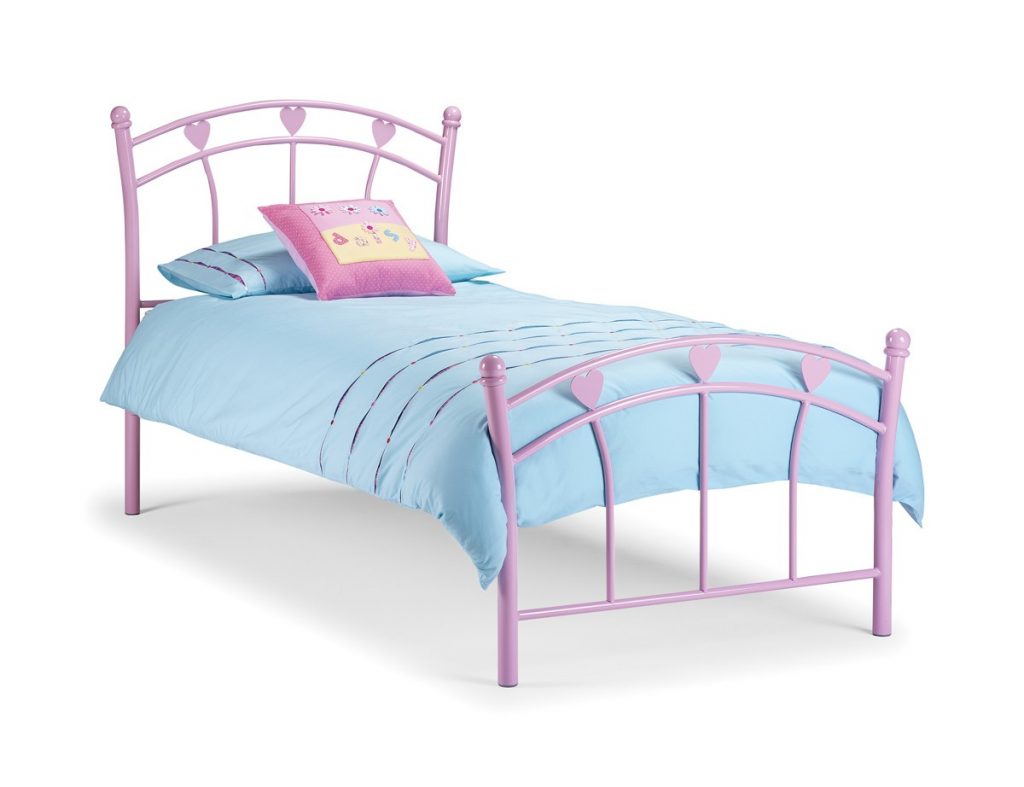How Often Should You Replace Your Children's Mattress and Bedding?
According to recent studies, the average Briton keeps hold of pillows and duvets for considerably longer than the recommended length of time. Many people don't know how often you should replace your children’s mattress, pillows, and duvets as well as their own, and only do so once they feel noticeably worn or thin. However, ideally, they should be thrown out before this time. But just how often should you replace your children's bedding?
Changing your Children's Mattresses
It's recommended we replace our mattresses after 10 years, but in reality, you might find the mattresses of your children's beds need replacing before this time in order to provide adequate support to growing bodies. As well as exacerbating allergies, old bedding and mattresses can cause other problems. Mattresses are carefully designed to provide support and comfort but suffer a great deal of wear and tear over time, rendering them less comfortable. While children aren't as prone to waking up with aches and pains from an inadequate mattress as adults are, it's still vital they are properly supported while sleeping. Regularly check mattresses for signs of wear and to ensure no springs can be felt poking out. Remember to check the whole mattress, as some areas may display signs of wear or sagging much sooner than others.Pillows
Using pillows for longer than the recommended length of time can lead to an increase in allergy symptoms and can even contribute to acne. Childhood allergies are on the rise on the UK, and some 20% of the population are now classed as allergy sufferers. Around 70% of those with allergies are believed to be related to dust mites, commonly found in carpets and bedding. Washing pillows regularly can help, but it's still important to replace them within the recommended time-frame. The average Briton uses the same pillow for 3.2 years, but the Sleep Council advises we should replace them after just two years. A good supportive pillow is vital for a good night's sleep, so think about when you last replaced your family's pillows and whether they're due to be thrown out.Duvets
The Sleep Council recommends we replace our duvets after five years of use, but research by Ergoflex reveals that Brits use the same duvet for 7.6 years on average. Keeping hold of old duvets can contribute to allergy symptoms and can also stop us getting a good night's sleep. Duvets often grown thinner and less full over time, meaning they can't provide us with adequate warmth. It's important to replace duvets before they start thinning and becoming ineffective. Duvets are also home to allergy-causing dust mites, but regular washing can help to get rid of these.
Posted on : September 14, 2015
Categories: Top Tips & Children's Beds

Recent Posts
Archives
- June 2025
- May 2025
- April 2025
- March 2025
- February 2025
- January 2025
- December 2024
- November 2024
- October 2024
- September 2024
- August 2024
- July 2024
- May 2024
- April 2024
- February 2024
- December 2023
- November 2023
- October 2023
- September 2023
- August 2023
- July 2023
- June 2023
- May 2023
- April 2023
- March 2023
- February 2023
- January 2023
- December 2022
- November 2022
- October 2022
- September 2022
- August 2022
- July 2022
- June 2022
- May 2022
- April 2022
- March 2022
- February 2022
- January 2022
- December 2021
- November 2021
- October 2021
- September 2021
- August 2021
- July 2021
- June 2021
- May 2021
- April 2021
- March 2021
- February 2021
- January 2021
- December 2020
- November 2020
- October 2020
- September 2020
- August 2020
- July 2020
- June 2020
- May 2020
- April 2020
- March 2020
- February 2020
- January 2020
- December 2019
- November 2019
- October 2019
- September 2019
- August 2019
- July 2019
- June 2019
- May 2019
- April 2019
- March 2019
- February 2019
- January 2019
- December 2018
- November 2018
- October 2018
- September 2018
- August 2018
- July 2018
- June 2018
- May 2018
- April 2018
- March 2018
- February 2018
- January 2018
- December 2017
- October 2017
- September 2017
- August 2017
- June 2017
- May 2017
- April 2017
- March 2017
- February 2017
- January 2017
- December 2016
- November 2016
- October 2016
- September 2016
- August 2016
- June 2016
- May 2016
- March 2016
- February 2016
- January 2016
- November 2015
- September 2015
- August 2015
- June 2015
- May 2015
- April 2015
My Wish List
Last Added Items
You have no items in your wish list.

























